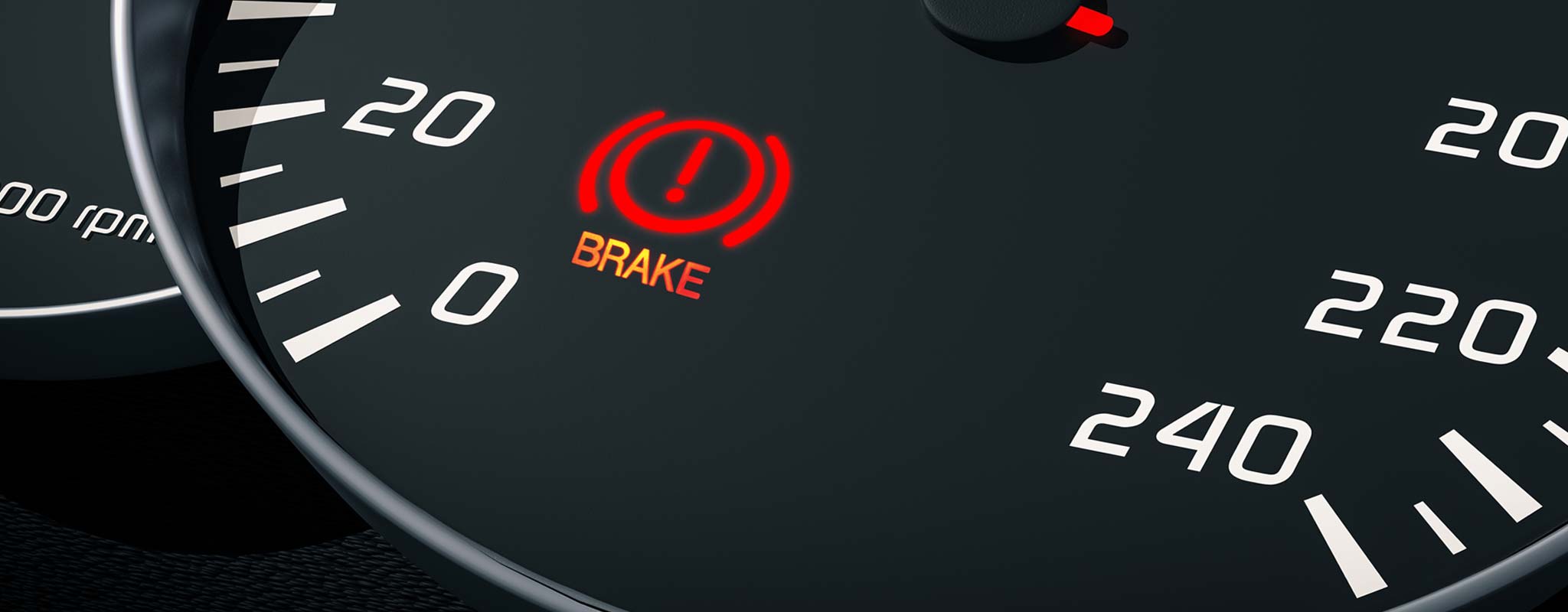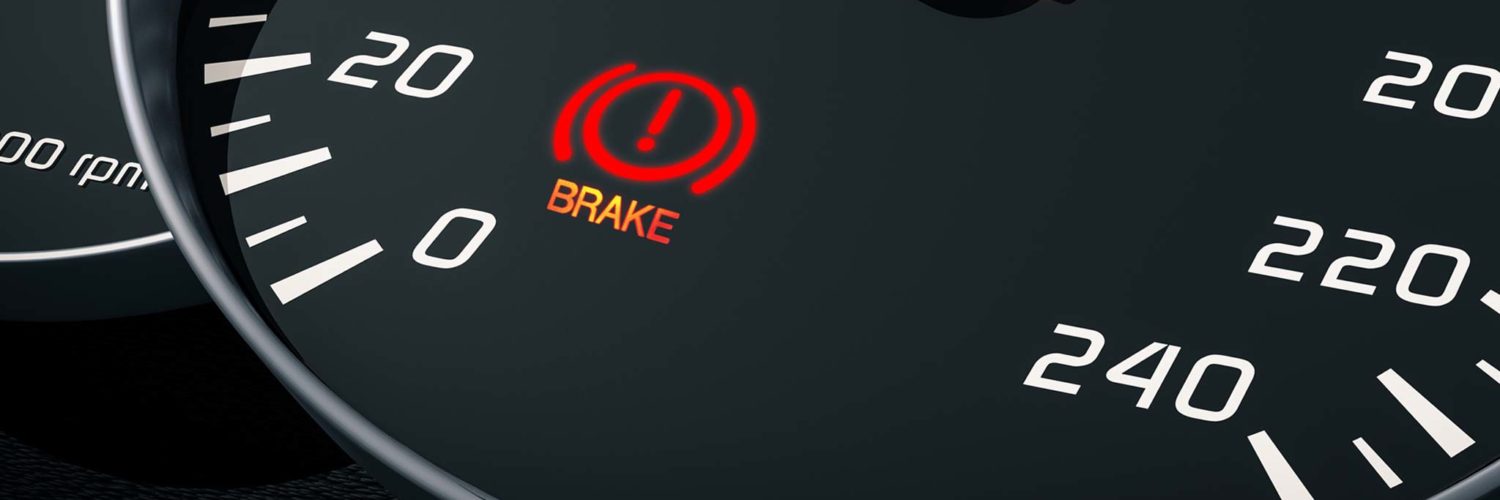Locking brakes are most common when drum brakes are involved, but it can also happen with disc brakes.
As with any mechanical system, subordinate components usually are at the root cause of the problem. In this case, the major areas of failure usually come from:
Piston Seizure
Caliper pistons drive brake pads against the brake rotors. They are activated by hydraulic pressure and move in and out within the caliper. This produces frictional force against the rotor face. If the piston is malformed due to heat of another issue, the piston can lock the pads against the rotor.
Brake Flexi-Hose (Lines) Failure
Brake fluid is introduced in the lines by the pedal. This produces hydraulic pressure that drive’s the piston/pad combination against the rotor face.
However, if a line is damaged for one reason or the other, it is possible that fluid won’t evacuate the line when releasing the pedal. Instead, the pressure is held and that leaves the brake/pad combination in its locked position.
Slide Pin Seizure
The caliper moves back and forward across two horizontal components called “slide pins.” If either the top or bottom pin is damaged or even rusted, the caliper could lock against the rotor face.
Slide Bracket Seizure
In the same way that a caliper moves across its slide pins, the brake pads move backward and forward across the slide brackets. In this lock-up scenario, if one or both of these brackets are damaged, the pads will not move freely.
As stated earlier, the lock-up condition usually occurs by one or more failures of sub-components rather than major assemblies. If you find yourself in this kind of situation, contact the team at BuyBrakes.com and we will help you however we can.





